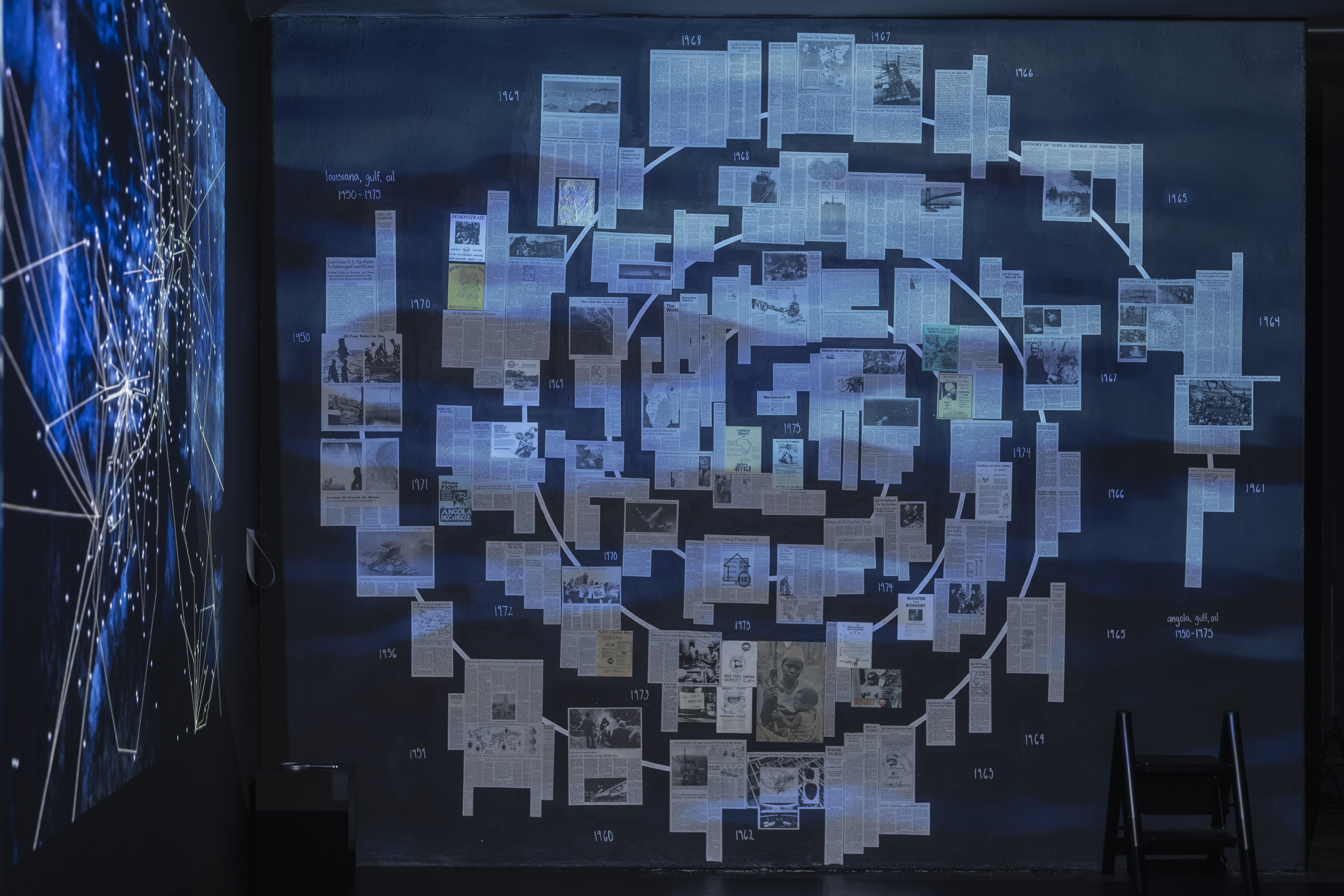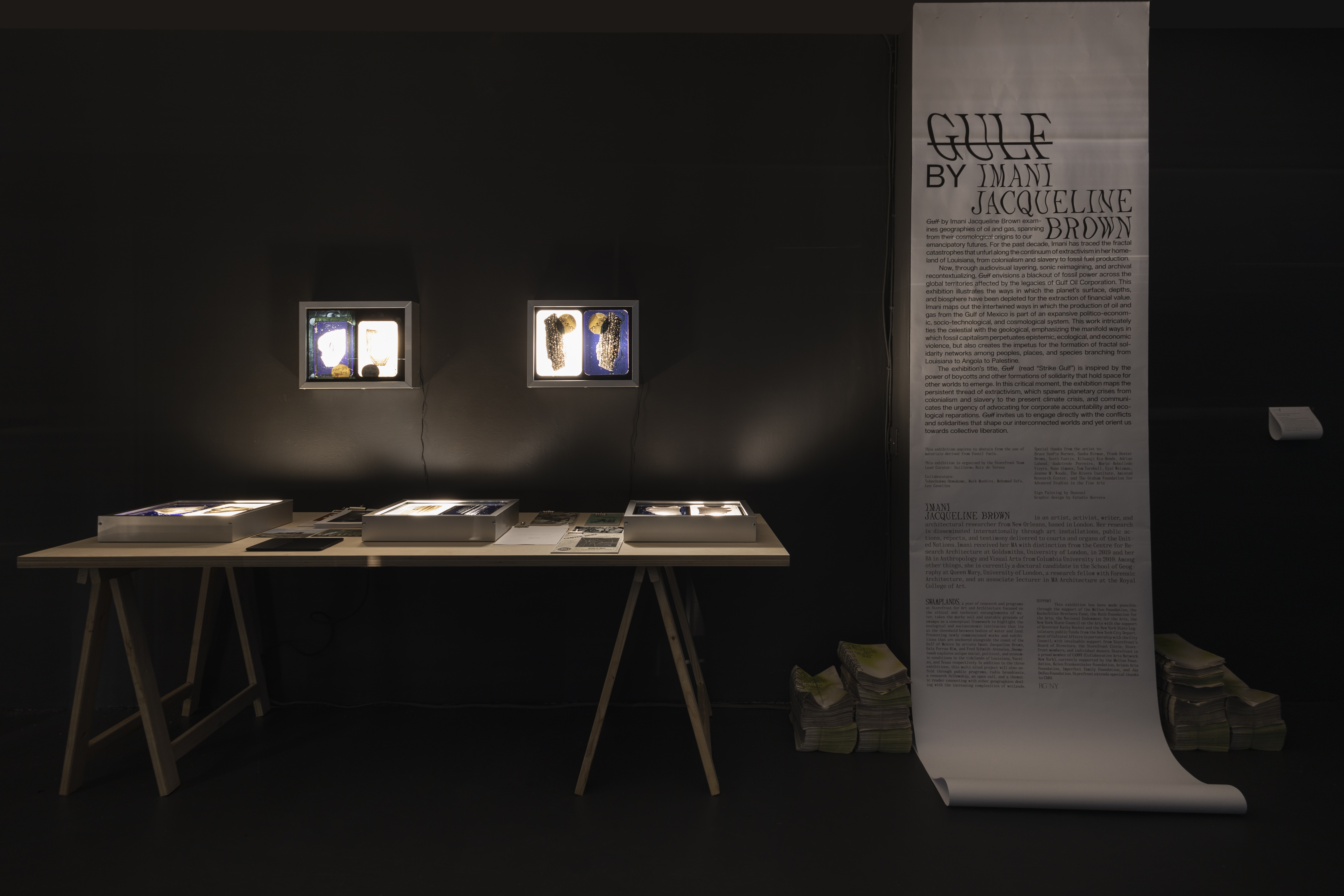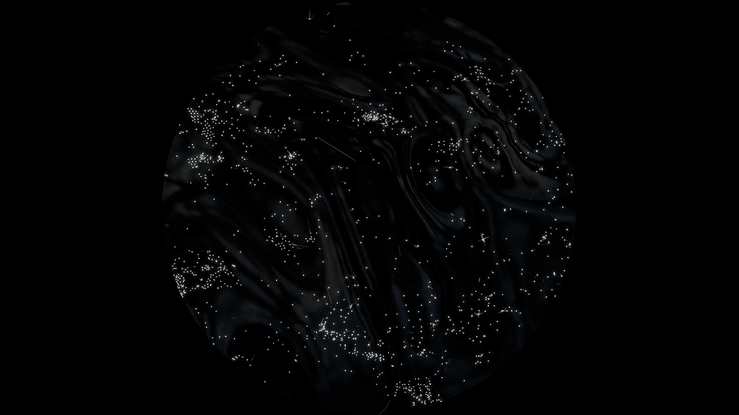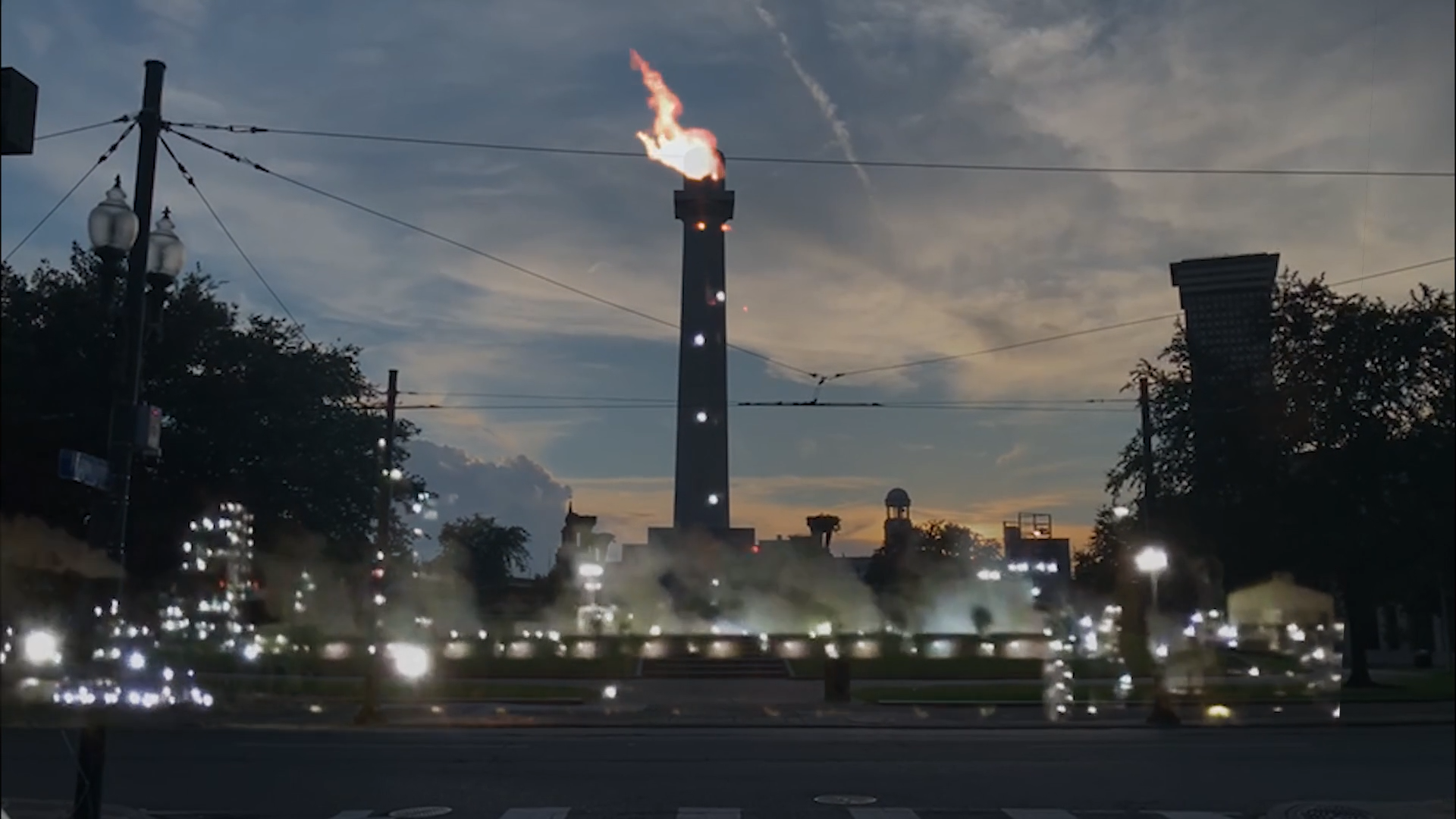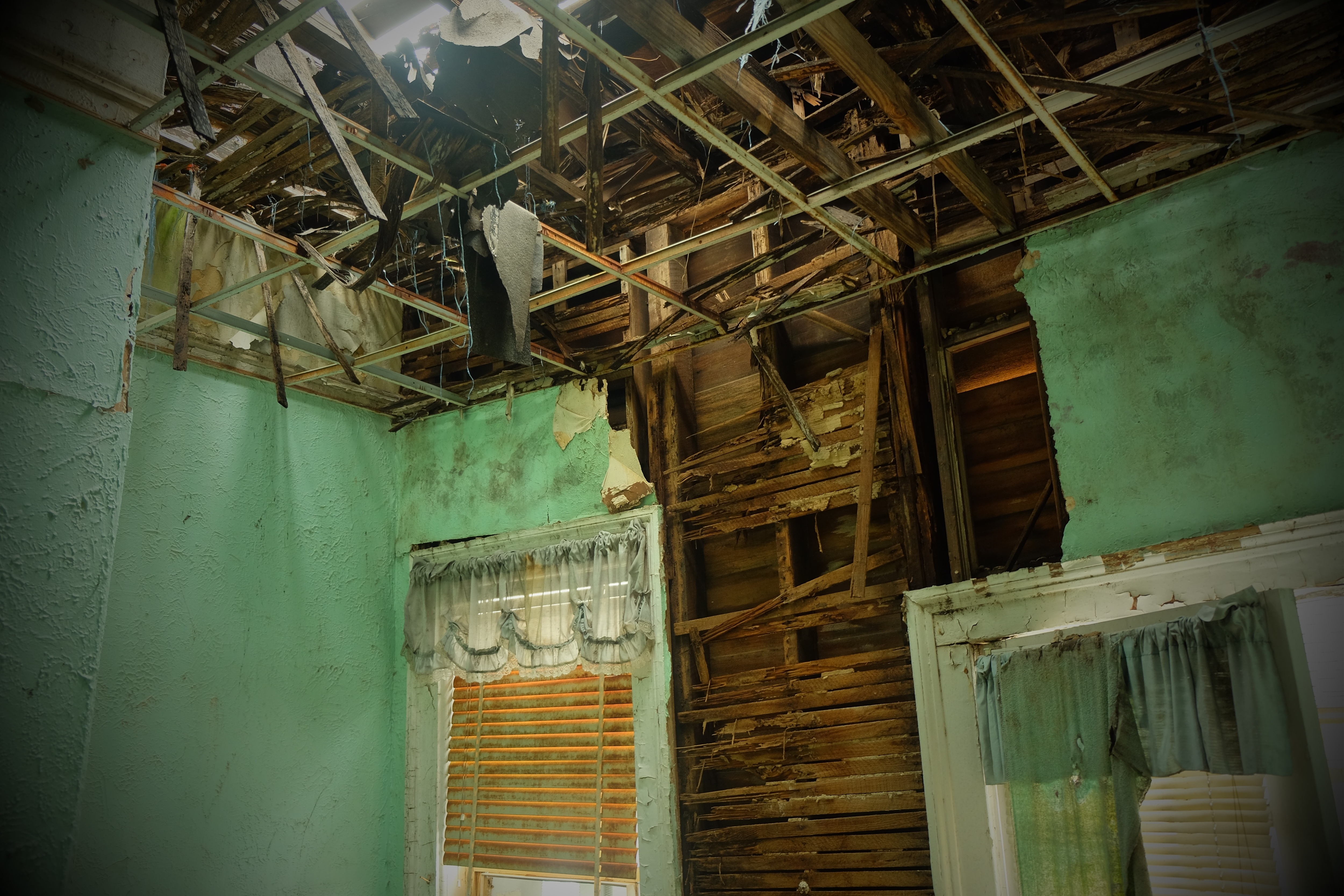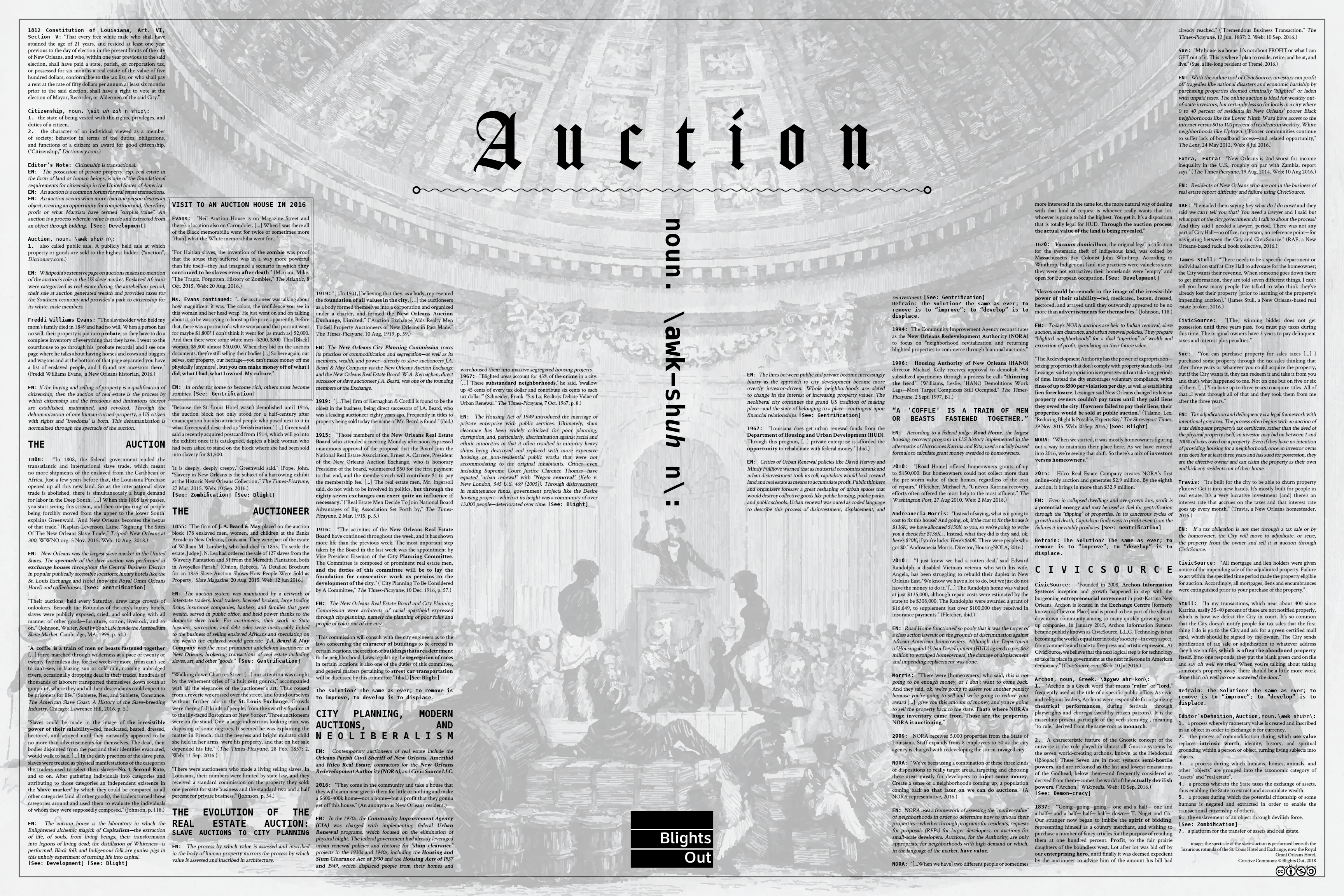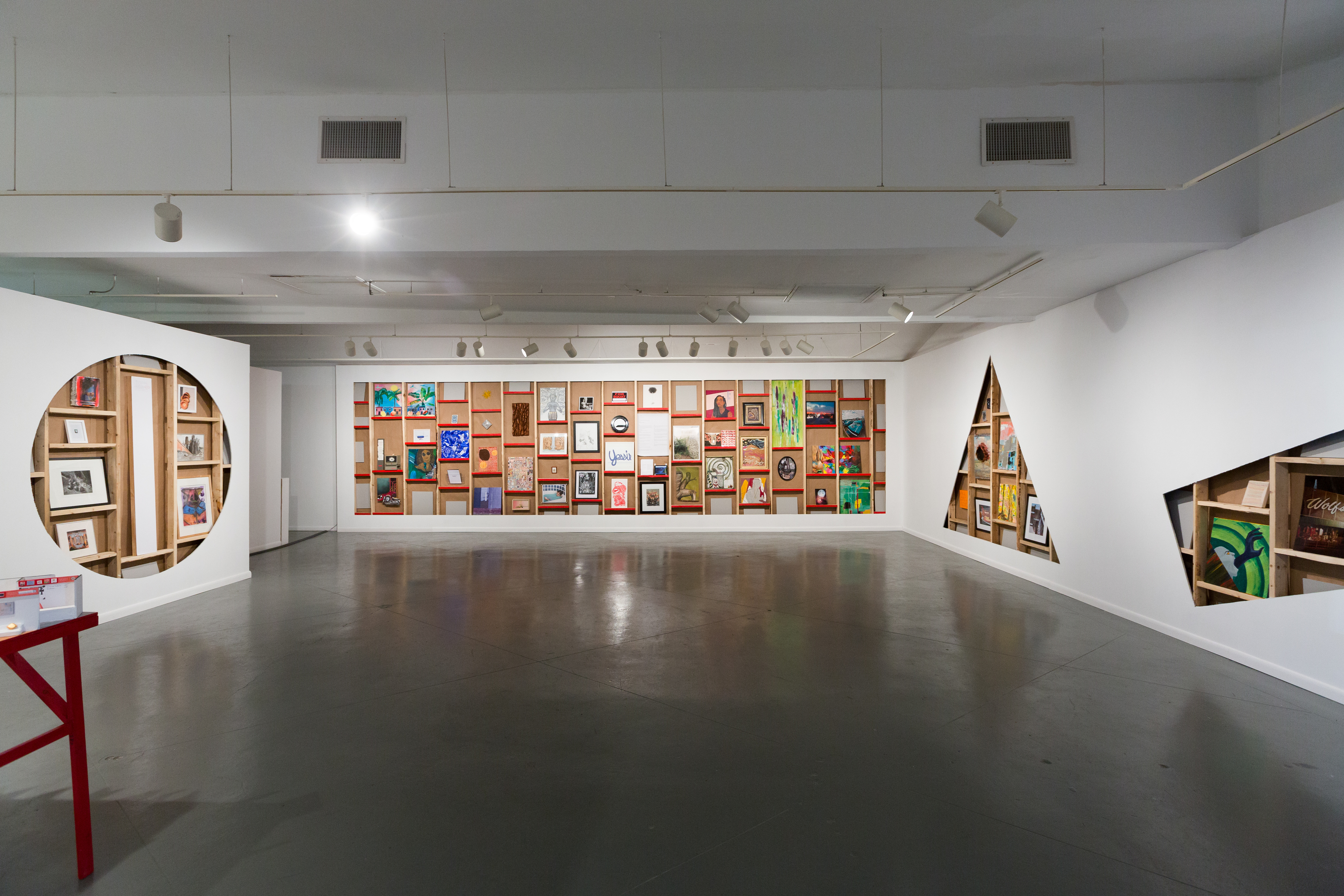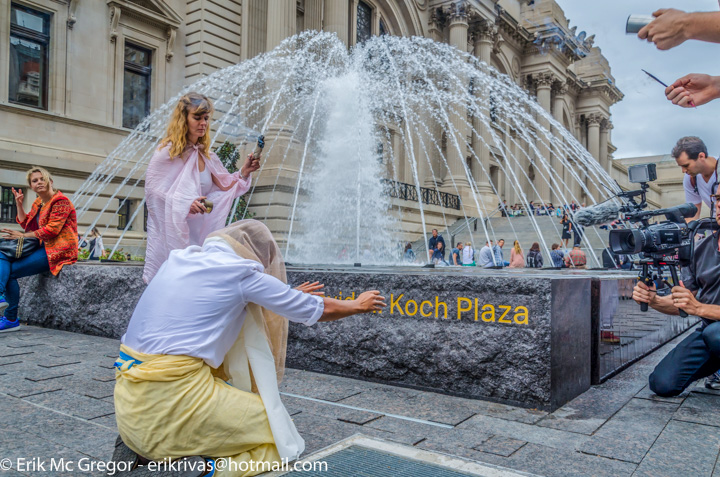Imani
Jacqueline
Brown
Black Ecologies,
2018 –
1. Resurrection | Insurrection
2. Gulf
3. Forest islands of our ecological diaspora
4. The holes in the earth mirror the holes in our souls (and from them we can grow trees)
5. What remains at the ends of the earth?
6. Black Ecologies
2.
3. Forest islands of our ecological diaspora
4. The holes in the earth mirror the holes in our souls (and from them we can grow trees)
5. What remains at the ends of the earth?
6. Black Ecologies
7. Follow the Oil
8. To the pigeons on my balcony: A love letter
9. The Remote Sensation of Disintegration
9. The Remote Sensation of Disintegration
10. Will the river remember
the land we lost?
11. Fossil Free Fest
Forensic Architecture,
2020 – Present
1. Restituting Evidence: Genocide and Reparations in German Colonial Namibia
2. If toxic air is a monument to slavery, how do we take it down?
Blights Out,
2014 – 2018
2. If toxic air is a monument to slavery, how do we take it down?
1. Blights Out
2. Under Water (1731-2001)
3. The Living Glossary
4. Blights Out for Mayor
5. Blights Out for President
Occupy Museums,
2011 – 2018
1. Occupy Museums
2. Debt of 500 Artists Largely Owned by Five Nongovernmental Economic Superpowers (After Hans Haacke)
3. Debtfair
&c.
1. Truth as Theatrical Fiction
2. From here I can see this
era fade at the edges of
my vision
3. Solitary Gardens
4. The House that Herman
Built
Writing,
2014 –
1. And still, the brightness shines through the holes in the earth
2. Ecological Witnessing
3. MARCH Issue 2: Black Ecologies
4. Black Ecologies: an opening, an offering
5. To the pigeons on my
balcony: a love letter
6. Should we consider fossil fuel extraction an unjust enterprise?
7. The Black Market: Kevin Brisco, Jr.
8. Zombifying
Neighborhoods
9. Performing Bare Life
Bio,
1988 –
Imani Jacqueline Brown is an artist, activist, writer, and architectural researcher raised in New Orleans, based in London. Her work investigates the “continuum of extractivism,” which spans from settler-colonial genocide and slavery to fossil fuel production and climate change. In exposing the layers of violence and resistance that form the foundations of settler-colonial society, she opens space to imagine paths to ecological reparations.
Imani's practice combines photography and videography, archival research, ecological philosophy, legal theory, peoples’ and oral history, remote sensing, and counter-cartography. These strategies disentangle the spatial logics that make geographies, unmake communities, and break Earth’s geology. Her research is disseminated internationally through art installations, public actions, reports, and testimony delivered in courtrooms and forums of the United Nations.
Imani received her MA in Forensic Architecture with distinction from the Centre for Research Architecture at Goldsmiths, University of London, in 2019 and her BA in Anthropology and Visual Arts from Columbia University in 2010. Among other things, Imani is currently a Dean’s Visiting Professor at Columbia University’s Graduate School of Architecture and Public Planning; there, she has conceived a studio, themed Architecture of Solidarity, that invites students to investigate the University as an attractor basin of fascist complicity and fractal forms of solidarity. She is also a doctoral candidate in the School of Geography at Queen Mary, University of London, and a member of the Rise St. James Louisiana Historic Committee. Imani’s first artist book, Spiral, is due to be published by Siglio Press in 2026.


